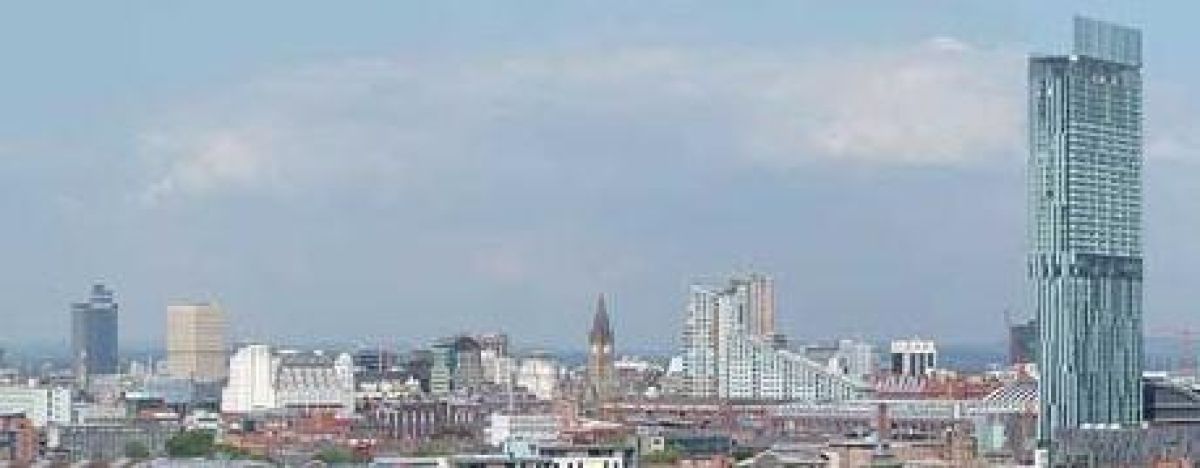Manchester: tackling climate change head on
By lukeedwards

Manchester has never been a city for shirking a challenge – be it initiating the industrial revolution or abolishing slavery – and now it is proving that once again.
Manchester City Council has announced a radical 5-year plan to halve Manchester’s carbon emissions by 2025, from 30,000 tonnes to 15,000 tonnes, which will be a monumental challenge.
This announcement comes amid a flurry of climate change-related news. With the recent landmark climate activism legal battle that successfully blocked the construction of a third runway at Heathrow airport in London, eyes are set on Manchester to apply similar changes.
Recently, Barclays has been feeling pressure to fix up its climate change policy; in Manchester and across the country this week, climate change activists have been orchestrating demonstrations to protest Barclays providing backing for fossil fuel companies, who between 2016 and 2018 received funds to the tune of $85 billion.
Manchester’s plan is intended to sit alongside a citywide ‘Climate Change Framework’, which outlines the aim of making the city net zero-carbon by 2038.
Councillor Angeliki Stogia, executive member for environment, said: “The next five years are going to be absolutely crucial. To achieve the ambitious goal of Manchester becoming zero carbon by 2038 we are going to have to make rapid and radical progress”.
To accomplish this, measures are being put in place to ensure the city is more eco-friendly and also more efficient at tackling the ever-growing issue.
A feasibility study is to be prepared determining whether it is economical to install solar panels and wind turbines on council land and buildings, to create a large-scale clean energy generation system. If the plan is deemed viable, a large proportion of Manchester’s energy supply will be non-fossil fuel dependent in the future.
There has also been £10 million put aside to regenerate the council’s aging fleet of refuse collection and maintenance vehicles, decommissioning the existing polluting diesel-run fleet and phasing in 27 electricity-petrol hybrids and for installation of low-energy LED street lighting.
Additionally, up to 350 council buildings are being retrofitted to make them more energy-efficient and to further reduce greenhouse gas emissions; for example, Manchester Town Hall is undergoing a refurbishment to improve efficiency.
The first phase of retrofitting is set to save 1,800 tonnes of carbon emissions per year, with the second phase reducing emissions by a further 3,000 tonnes.
Meanwhile, the completion of the Civic Quarter Network underground heating system, connecting the Town Hall as well as the Art Gallery and Central Library buildings, is expected to reduce carbon emissions by a further 1,600 tonnes per year, according to the council.







